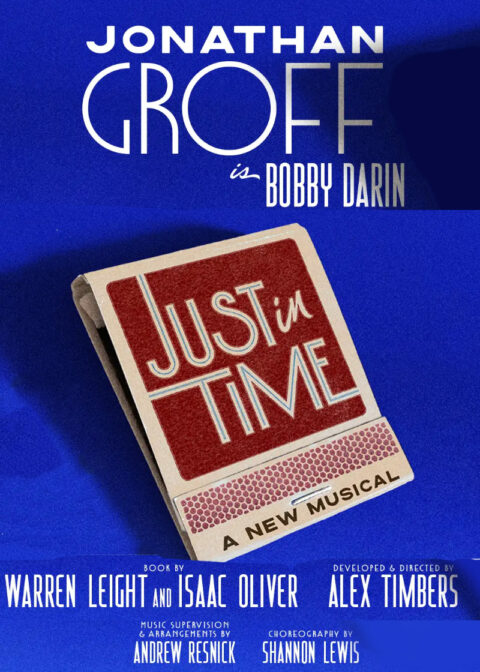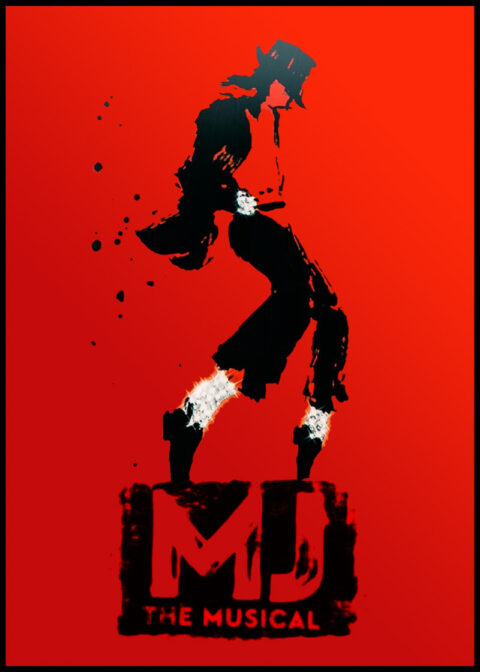Everything You’ve Ever Wanted To Know About Broadway Recoupment Announcements, The What, The When, And The Why Of It All
Broadway Recoupment 101
In 1966, Tea and Sympathy playwright Robert Anderson famously quipped that “you can make a killing in this business but you can’t make a living.” His tongue in cheek way of expressing how difficult it is to survive the day to day struggles of pursuing a life in the theatre has resonated with all manner of Broadway aspirants ever since.
The quote acknowledges that once in a while a Broadway show just lands in every possible way— artistically, critically, culturally, commercially— and all stakeholders get rich. And when that lightning strikes, producers of said boffo hits are quick to brag about what’s called a show’s recoupment. In other words, when investors have been paid back all of their money and the property can actually begin to turn a profit.
Broadway Plays and Musicals that Have Recently Recouped
Recent Broadway musicals that have recouped include the starry revival of Sondheim’s famous flop Merrily We Roll Along (proving that just because a show didn’t work the first time around doesn’t mean that all hope is lost), the revival of Funny Girl (thanks to Fanny replacement Lea Michele), Gutenberg! (a festival darling from almost 20 years prior), MJ (a jukebox musical about King of Pop Michael Jackson), Six (a modern retelling of the lives of the six wives of Henry VIII) and Hadestown (an innovative retelling of the Orpheus myth).
Recent plays include The Piano Lesson, Prima Facie, Harry Potter and the Cursed Child, What the Constitution Means to Me and To Kill a Mockingbird. These wildly varied lists of Broadway fare shows that there’s no real formula to follow.
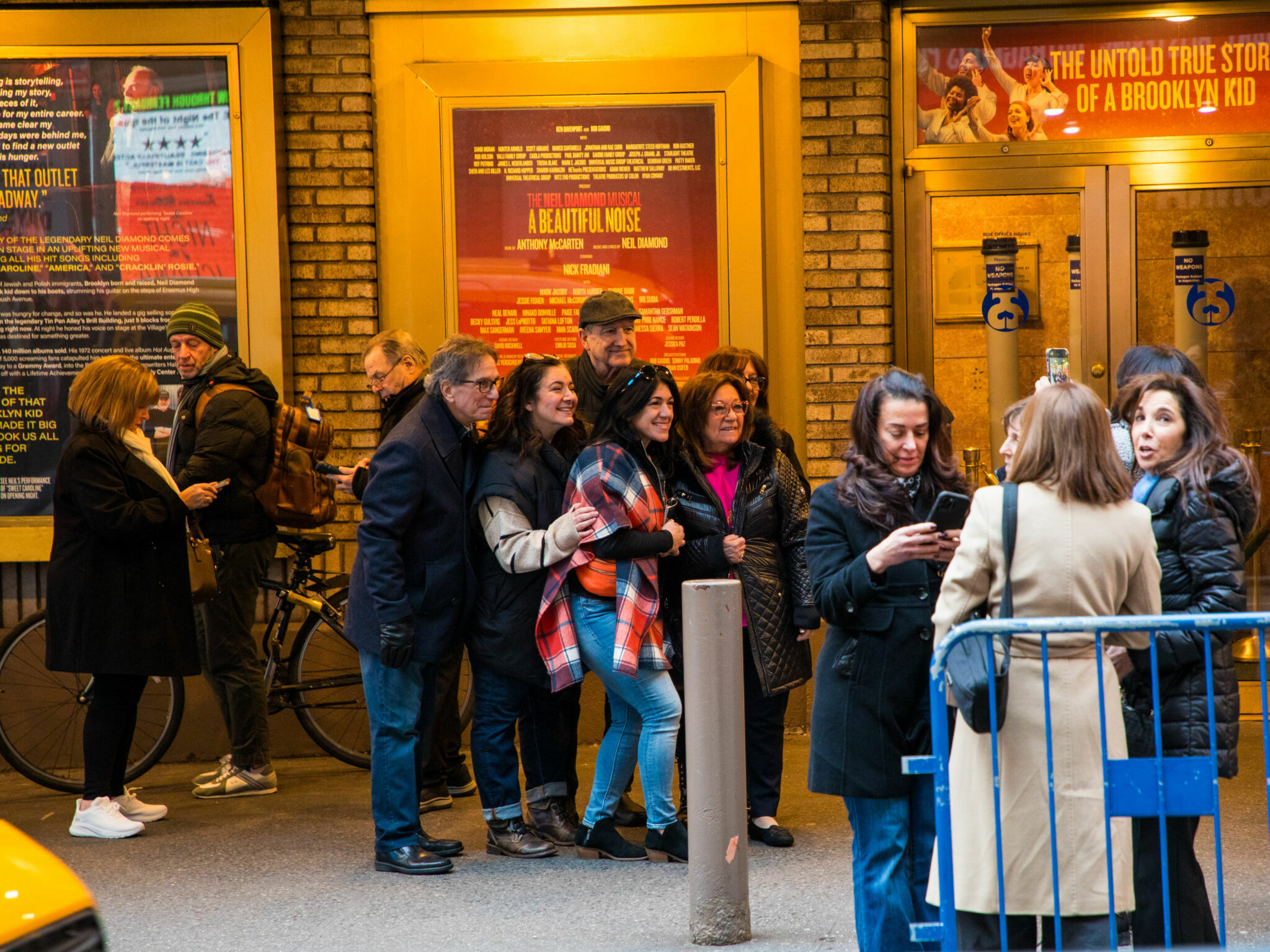
Announcing Recoupment: Humble Brag or PR Tactic?
Since the occurrence is a rarity— and also an enviable accomplishment— shows that achieve the coveted brass ring while a show is still running tend to publicize it widely with high profile announcements. Andy why not? Naturally it’s a great advertisement for shows that, while objectively already successful, could lure in even bigger audiences.
However, sometimes a show has already closed when it recoups its investment so what would be the purpose of an announcement? Simple bragging rights?
Gutenberg! Announces Recoupment One Day After Closing
Well, take Gutenberg!, for example. The satirical two-hander about a pair of misfits writing a musical about the titular inventor of the movable press (starring Broadway mainstays Andrew Rannells and Josh Gad in a reunion of the original co-stars of The Book of Mormon, another show that recouped) announced in late January that it had recouped its $6.75 million capitalization.
The announcement came exactly one day after playing to its final audience. However, savvy producers used the momentous occasion not only to share the impressive rate of return for a show that was slow out of the gate to catch on but also to announce the upcoming release of a cast album. And since the show is going on tour, the press release also serves to keep the momentum going as it tries to appeal to potentially profitable regional markets.
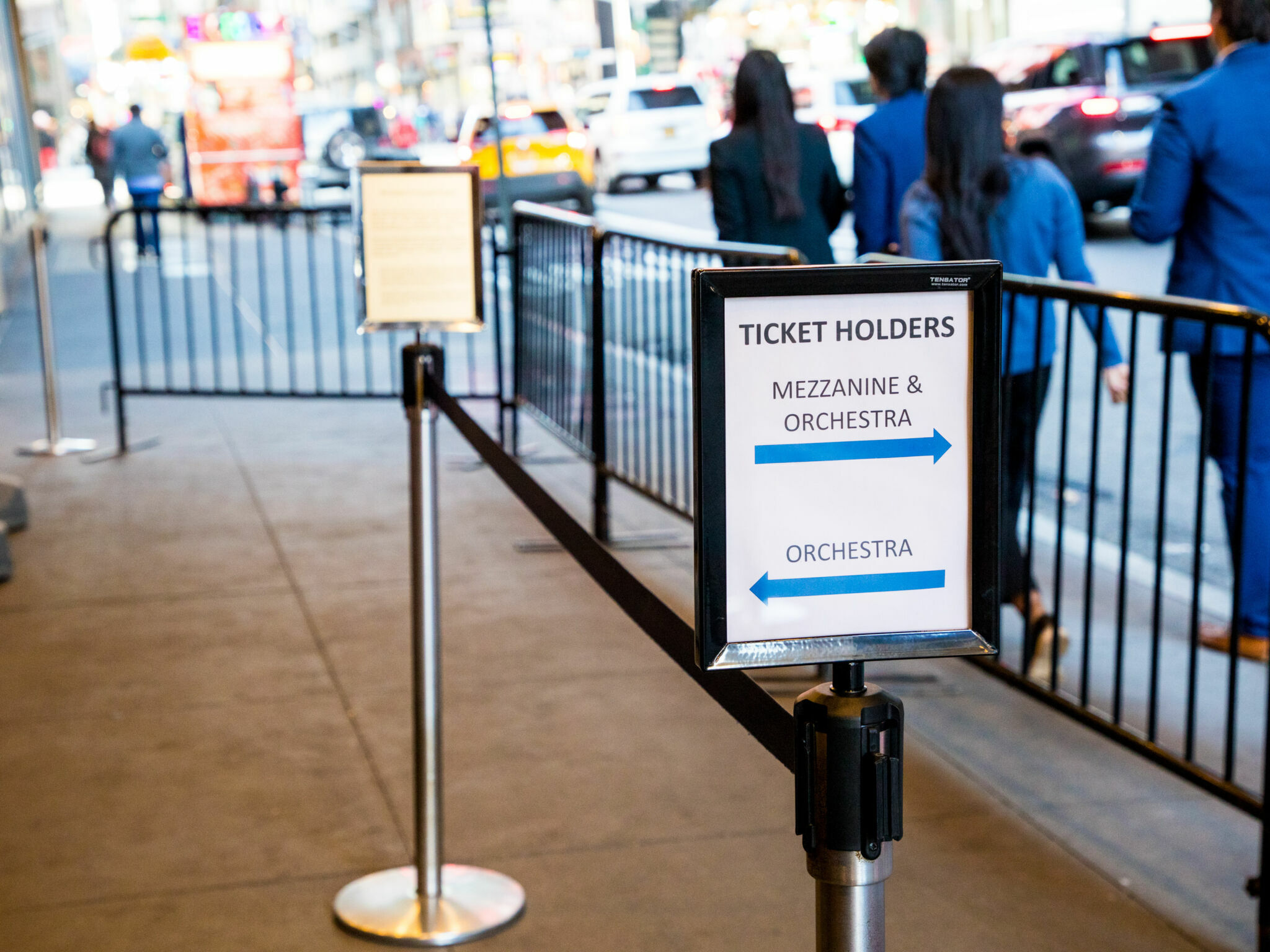
Who Benefits From a Recoupment Announcement?
An announcement at any time is also a boon to the actual producers, who may attract future investors based on their impressive track record. Other folks involved can also benefit massively by association from such bragging rights. Writers, designers, directors, marketing agencies, even actors— everyone involved in a profitable production becomes a hot commodity and that may bode well for future employment opportunities.
Subsidiary Rights: Patience Can Lead to Recoupment
But what about shows that recoup years later, long after taking their final bow on the Great White Way? First, it’s important to understand how that’s even possible. Two words: subsidiary rights. The end of a show’s Broadway life may only be the end of its life on Broadway. Numerous plays and musicals have gone on to generate significant income in regional markets, stock and amateur (think community theatre, college and high school productions) and even in the movies. It all adds up over the years.
When that type of recoupment happens, though, producers of the original Broadway endeavor rarely turn it into a publicity event. Nobody really knows the reason why since conventional logic suggests it could still yield positive outcomes. At any rate, the bottom line is that if the industry and the public don’t know exactly how many shows have recouped in the long run, the scary but consistent statistic of only 1 in 5 Broadway ventures achieving commercial success, will never actually change…even if it’s not entirely accurate.
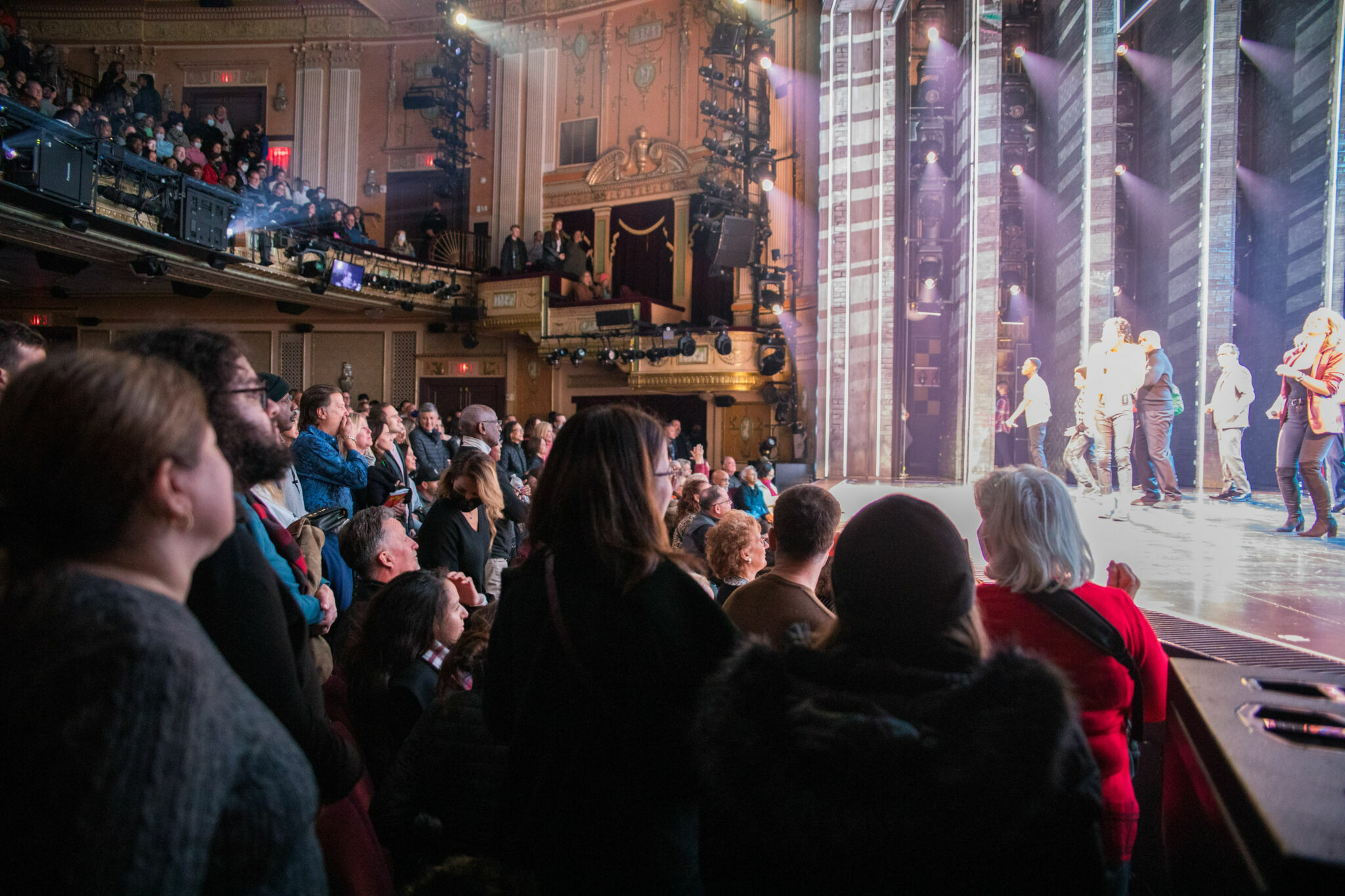
What Happens When Broadway Shows Close At a Loss?
On the other hand, nobody wants to be associated with a big ol’ turkey. Usually, shows that fail to gain enough of a following to recoup or even to stay afloat, want to exit the scene stage left with as little fanfare as possible. But sometimes that’s unavoidable. While some shows that fall short financially often provide some return of the original investment, occasionally a Broadway play or musical fails so spectacularly that it makes bigger headlines than the Tony Awards.
Spider-man: Turn Off the Dark (And The Lights)
In 2014, after running on fumes for almost three years, Spider-Man: Turn Off The Dark announced that it would finally shutter…to the surprise of exactly no one. The beleaguered production had faced adversity from the beginning with technical problems, cast injuries and creative disputes. When it closed, not only did the production fail to recoup its exorbitant and unprecedented $75 million cost, (the largest in Broadway history), but its investors— who clearly didn’t have the Spidey sense to avoid the debacle— reportedly lost a whopping $60 million!
Luck Be A Lady Tonight
Given the riskiness of any Broadway venture, why do investors and producers continue to roll the proverbial dice? Well, because even if the odds aren’t in their favor, there’s always a chance of the stars aligning perfectly. Broadway history has shown that such alchemy happens just often enough to keep the hope alive. And when that elusive recoupment does come to pass, might as well shout it from the rooftops.

